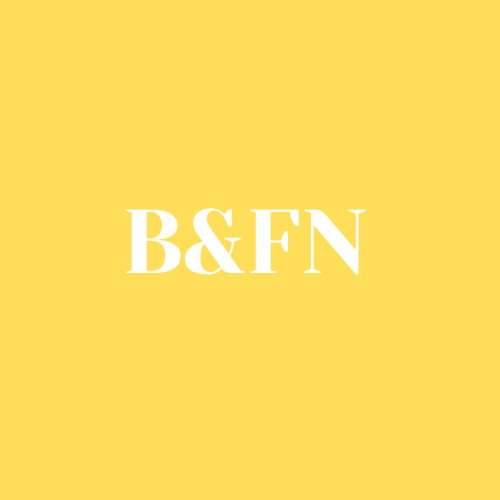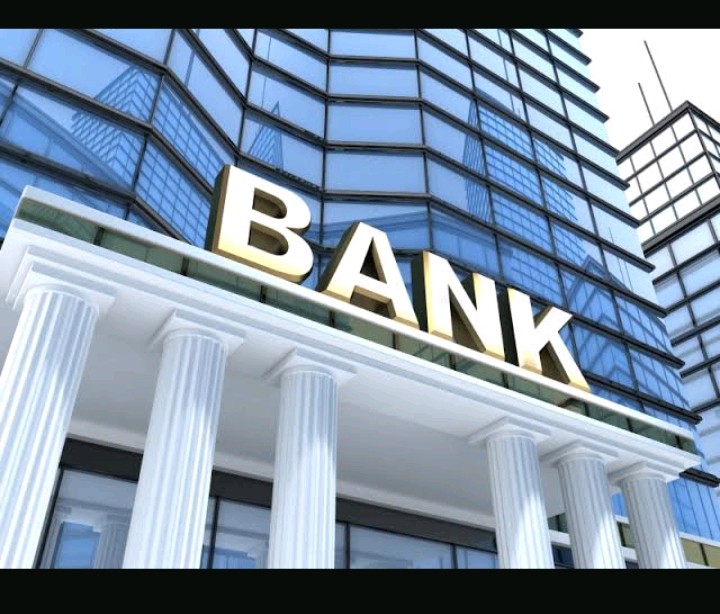Table of Contents
List Of Bank Charges In Nigeria And How To Avoid Them
Frankly speaking, many Nigerians are tired and frustrated with receiving different charges from their bank account. moreover, the major reason why most people open an account is to save their money and not for it to be debited without their knowing.
No doubt, bank charges are part of the commercial bank procedure proved by CBN which is why Nigerians can’t do anything about it. However, some bank charges are understandable but bank charges are just outrageous and largely unnecessary.
Nowadays, many Nigerians are forced to use online banking apps like PalmPay, OPay, and Kuda to avoid most of the bank charges. However, some of the bank charges can be totally avoided or minimized on your account.
If you want to know the different types of bank charges in Nigeria and how to avoid them, then you are in the right post. Let’s dive in.
Read my post on best bank for salary account
List Of Bank Charges In Nigeria and How To Avoid Bank Charges
You should that some bank charges are unavoidable while some charges are avoided or fees can be minimized. Below are the types of bank charges in Nigeria and how to avoid bank charges.
Stamp Duty Charge
Stamp duty is an unavoidable charge levied at 0.75% on the authorized share capital at the incorporation of a firm or on the registration of new shares. All commercial banks and financial institutions are obligated by the Central Bank of Nigeria to charge a stamp duty of N50 on every eligible transaction above NGN 10,000.
SMS Alerts
SMS alerts are notification of transaction done in your account which is sent to the registered phone with the bank account. hence, every alert you get from your bank whether it is a credit or debit alert or OTP code, or even a birthday wish, you are charged. At the end of the month, all the notifications would be accumulated and debited from your account.
Therefore, the best way to avoid these bank charges is to deactivate the SMS alert on your account or limit the transaction activities carried on the account. however, if you have an active email address, you can link it to your account to receive your notification and the best part of using your email address is that there are no SMS charges.
Cash Withdrawals/ Deposit
Any large cash withdrawal or deposit attracts a heavy fee to the customer. This means any cash transaction above the withdrawal/lodgment thresholds will get you penalty charges. Therefore, the best to avoid this charge is to avoid huge cash deposits or withdrawals and use your online banking app.
Local Bank Transfers
All local bank transfer carries a fee depending on the volume of the amount being transferred. For instance, every transfer between 0- N5000 charges a fee of N10.75 while N5001 – N50,000 charges a fee of N25, and above N50,000 charges a fee of N50. However, transferring funds within your bank is totally free of charge no matter the funds involved.
Bill Payment
For every bill payment with your banking app especially the light bill, water bill, and cable bill, you are charged N100 for every transaction. The best way to avoid these charges is to use the Fintech banking app to carry out your bill payment because it is absolutely free of charge.
Account Maintenance Fee
Account maintenance fee is an unavoidable charges that banks take from their customers to maintain their accounts. most bank charges monthly, quarterly, or annually depending on the type of account you open. For instance, a debit card linked to a saving account attracts a maximum of N50 quarterly.
ATM Withdrawal Fee
ATM withdrawal fee is a fee charged by banks for withdrawing money from other banks’ ATMs. This fee cost N35 after the third withdrawal within the same month. The best way to avoid this fee is to make cash withdrawals only from the bank.
Account Balance Enquiry fee
Most people are not aware when using any bank USSD code to check your bank account balance, it attracts a fee of N10. Therefore, it would be best to use your banking app to check your account balance because it is free.
FAQs
Which Bank has the lowest charges in Nigeria?
Bank with the lowest charges in Nigeria
- GTBank
- Stanbic IBTC bank
- Sterling Bank
- First Bank
- Unity Bank
- UBA
- Polaris Bank
How can I avoid bank charges?
Some bank charges are unavoidable but if you are one who carries out multiple transactions per day then it is advised to have several accounts from different banks to cut the cost of interbank transfer fees.
Which Bank has the highest charges in Nigeria?
Bank with the highest charges in Nigeria
- Zenith Bank
- Access bank
- FCMB
- Fidelity Bank
- Ecobank
- Union Bank
Conclusion: List Of Bank Charges In Nigeria And How To Avoid Them
All commercial banks are obligated by the Central Bank of Nigeria to deduct bank charges from their customer when they use their services. However, these charges can be annoying and frustrating but the fact is that you are charged for the services you used.
Thank you for reading this article and I hope you got a lot of useful information from the post. Please drop your comment and share the post with your loved ones and friends.


Be First to Comment